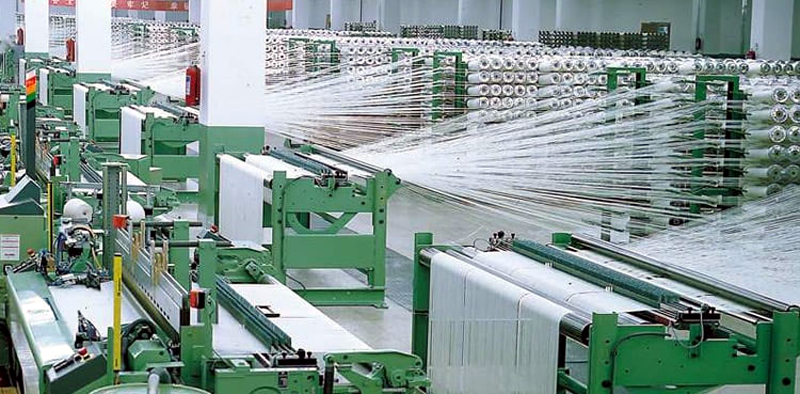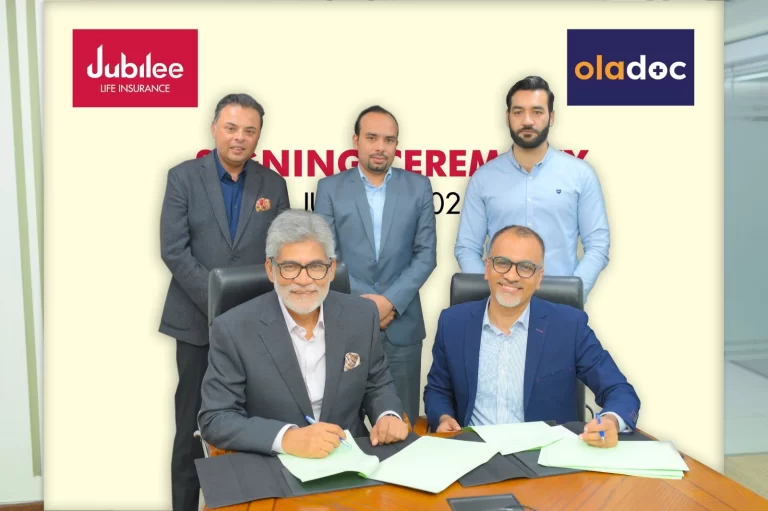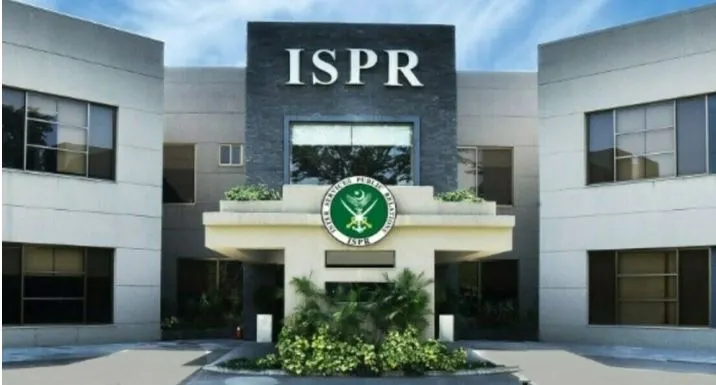Massive Taxes: APTMA warns Closure of Mills
Staff Report: The All Pakistan Textile Mills Association (APTMA) has expressed grave concerns over the recent withdrawal of the sales tax exemption on local supplies for export manufacturing on the textile sector and warns that regressive taxation policies on textile sector are causing permanent closure of factors and massive unemployment.
Despite repeated pleas from industrial stakeholders, clear commitments from the Finance Minister that SRO 350(I)/2024 will be amended, and categorical instructions from the Prime Minister to suspend the SRO till it is made workable for all stakeholders involved, the FBR continues to enforce the dysfunctional policy to the detriment of all manufacturers in Pakistan,” APTMA said in a statement adding that the textile sector, a vital pillar of Pakistan’s economy, is being severely undermined by the current provisions of SRO 350, leading to widespread disruptions across the sector.APTMA Terms Budget Catastrophic for Textile Industry
APTMA has urged the government to honour its commitments and immediately amend SRO 350(I)/2024 with input from industrial stakeholders who are most impacted by it. The textile sector cannot sustain further delays in rectifying this situation, which has already caused irreparable damage.
The operational challenges posed by SRO 350 have exacerbated the difficulties already faced by the industry. Due to the requirement of linking the entire supply chain to file sales tax returns, several APTMA members and other firms across the country are unable to file their returns within stipulated deadlines since their upstream suppliers have not filed their returns and the FBR has also eliminated the option of delinking of invoices from the return.
Whereby input claims of the buyer are restricted to the payment of tax liability of the seller by the last day of the month in which the due date falls, despite payment of the entire amount of supplies (inclusive of sales tax) to the seller, buyers are unable to claim input tax for the only reason that the seller has not timely paid their due tax. Hence, the buyer is suffering for an act they are not responsible for and are unable to file their return without payment of additional tax which is not otherwise their liability,” it said.
At the outset, APTMA said that the withdrawal of zero-rating on local supplies for export manufacturing under the Finance Act 2024 is not a revenue-driven measure but rather a response to the FBR’s audits, which identified misuse by a small number of firms among the approximately 1,900 beneficiaries. However, rather than implementing stronger checks and balances to curb this misuse, the government has opted for a blanket withdrawal of the entire scheme, which constitutes collective punishment.
The withdrawal of the sales tax exemption under the EFS threatens to undermine the very objectives the scheme was designed to achieve. The EFS was crafted to promote indirect exports by enabling domestic procurement of raw materials and intermediate inputs without the financial burden of paying sales tax upfront. This exemption was critical in lowering the cost of doing business and providing local producers with a level playing field against foreign competitors.
The removal of this exemption has disproportionately impacted small and medium enterprises, removing the incentives for exporters to use domestically manufactured inputs. As a consequence, there has been a significant reduction in domestic value addition in exports during a time when Pakistan desperately needs to improve its trade balance, as evidenced by a 7 to 8 times increase in cotton yarn imports between July 2023 and July 2024 (Figure 1, below). Furthermore, according to our latest survey, 40% of spindles in the textile industry have fallen silent, reflecting the severe impact on production capacity.








